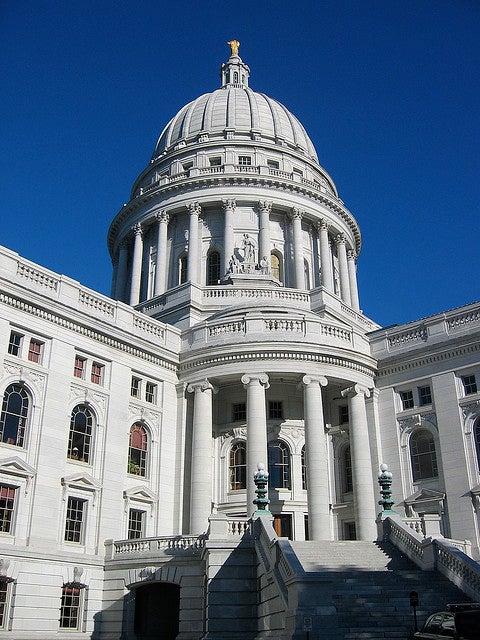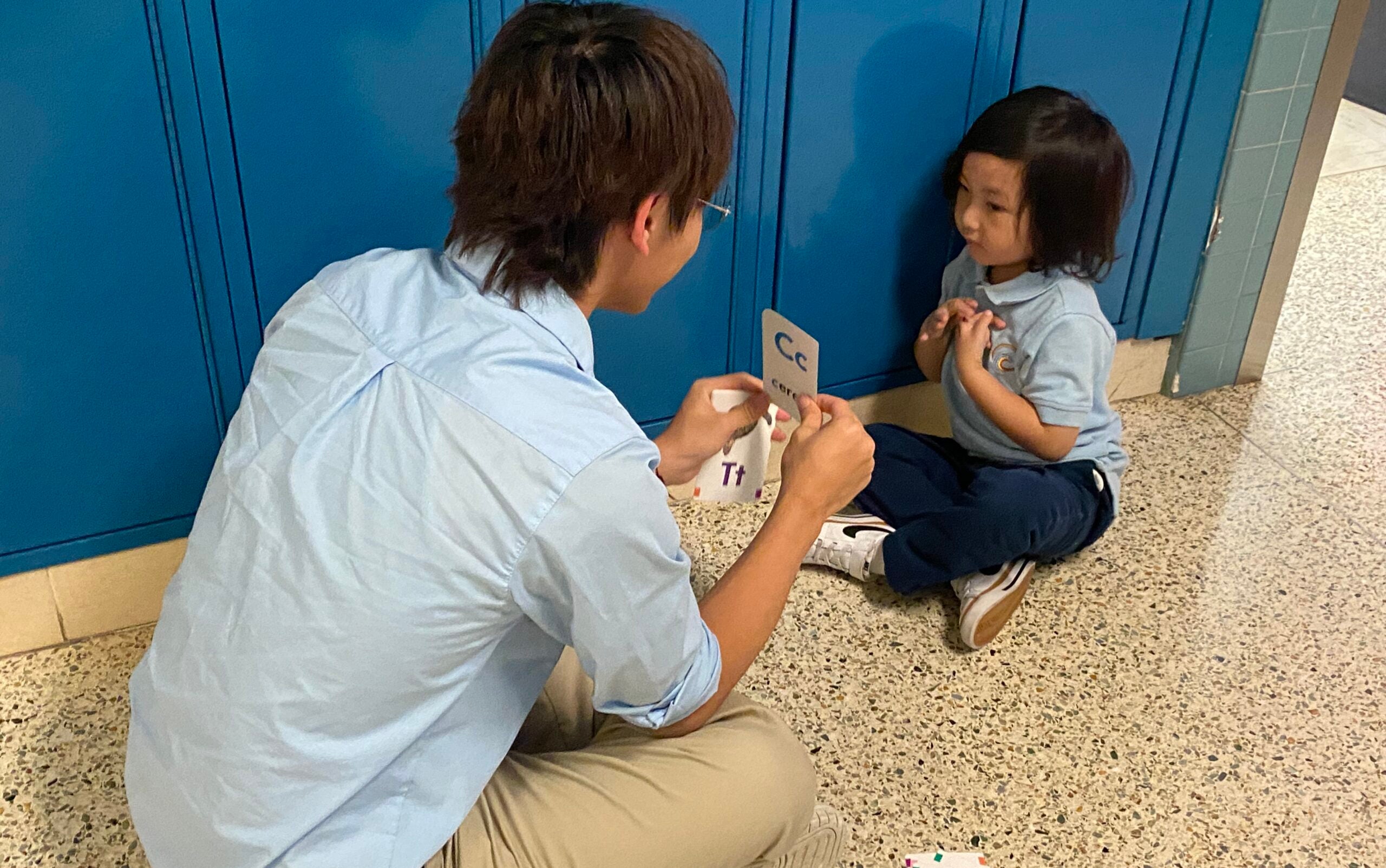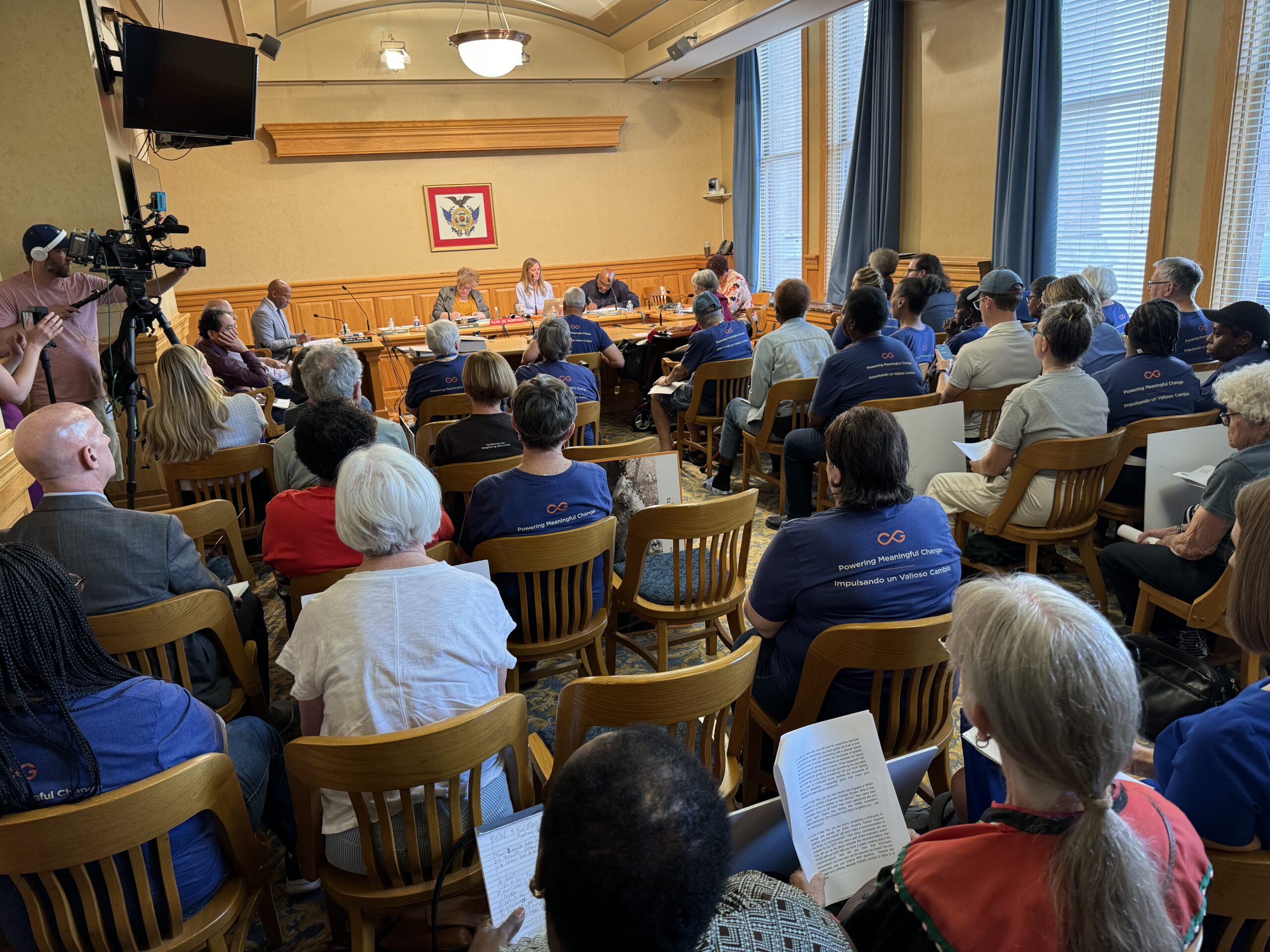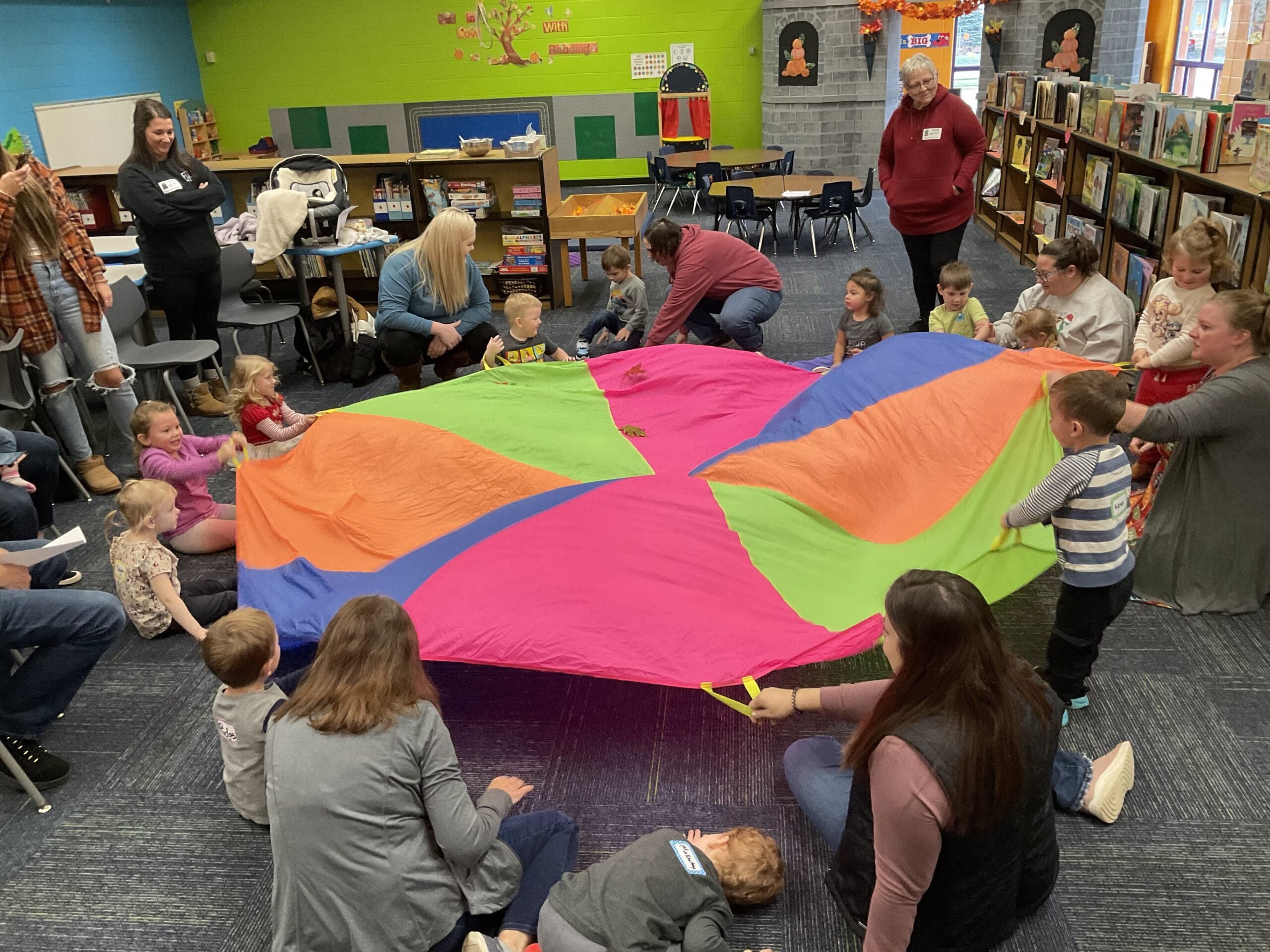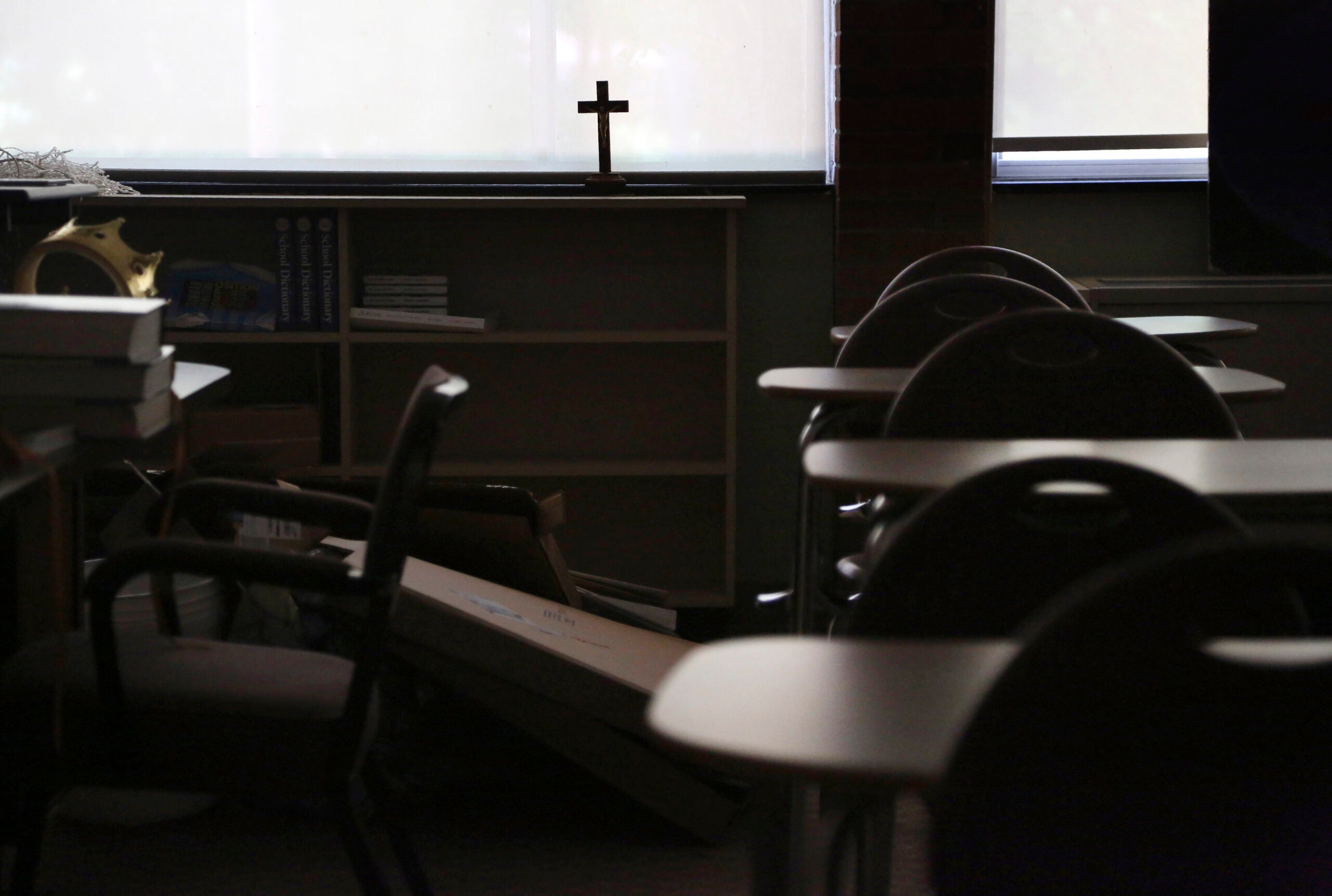Legislators may soon decide the fate of Governor Scott Walker’s controversial plan to expand taxpayer-funded school vouchers. The expansion has been a divisive issue, especially in the communities that would be directly impacted.
Bob Cerniglia is principal at Rock County Christian School in Beloit. Beloit is one of nine school districts where Governor Walker is proposing to expand the voucher program. Such programs currently operate in Milwaukee and Racine. For Cerniglia, the issue is pretty simple.
“I don’t think public education should have a monopoly where any student has to go there. We believe that there’s no one school that meets every student’s needs.”
Stay informed on the latest news
Sign up for WPR’s email newsletter.
But Steve McNeal, superintendent of the Beloit Public School District, has a much different take on the proposed expansion.
“The only thing that the voucher program has done is lined the pockets of many people that are into the privatization of education. It’s increased taxes in local municipalities. It has really kind of been a deterioration of public funds towards public schools.”
Under the current voucher programs the state pays private schools around $6,400 per qualifying student. 62 percent of the cost is paid by the state. Racine and Milwaukee public school districts and local taxpayers have to pay the remaining 38 percent.
Todd Berry is President of the Wisconsin Taxpayers Alliance, and discussed various options for funding the voucher system:
“We don’t know, if there were some kind of expansion of school choice, exactly how it would be funded, but we can look at Milwaukee: it has come out of the Milwaukee school aid allocation and then some of it has been left to what ultimately was the property tax bill in Milwaukee.”
The Milwaukee Parental Choice Program started out in 1990 as a program to serve low-income children. That first year 341 students were enrolled at a cost of $1.4 million. Today – nearly 23 years later – the income guidelines have been relaxed and an estimated 24,600 students now participate. State payments to private schools in Milwaukee this year totaled over $154.6 million.
Voucher supporters point to that booming growth as proof that the program is both popular and successful; opponents steer arguments toward test scores that show virtually no difference in achievement.
John Ashley is executive director of the Wisconsin Association of School Boards. He says his biggest concern is the cost.
“We can barely support our one education system. I don’t know how the state can take money away from the vast majority of public education students and put it in to an untested voucher system.”
Under Walker’s plan enrollment would only be capped the first two years. And the amount per voucher would increase to over $7,000. Rock County Christian School Administrator Tim Befus says for his private school parents, that money would provide some welcome financial relief.
“Right now our parents, they pay their taxes so they’re paying for public school education. On top of that they pay for their private school education so they’re paying double for education.”
Befus estimates if vouchers come to Beloit his school would have room for about 20 new students, and the accompanying money would help with their plans to build a new school. For Beloit Public School Superintendent McNeal the situation could be different: “If we were to lose 50 students, we see that we would lose about $135,000.”
Rock County Christian School Principal Bob Cergnilia says the discussions there on vouchers have pitted public schools against private schools, but he insists the two sides are really not that far apart.
“I think everybody involved in this debate wants the same thing. They want every student to be successful. How we disagree is how to make that happen.”
There is also disagreement among state lawmakers. The legislature’s budget committee members will have their say when they meet about the state budget.
Wisconsin Public Radio, © Copyright 2024, Board of Regents of the University of Wisconsin System and Wisconsin Educational Communications Board.
